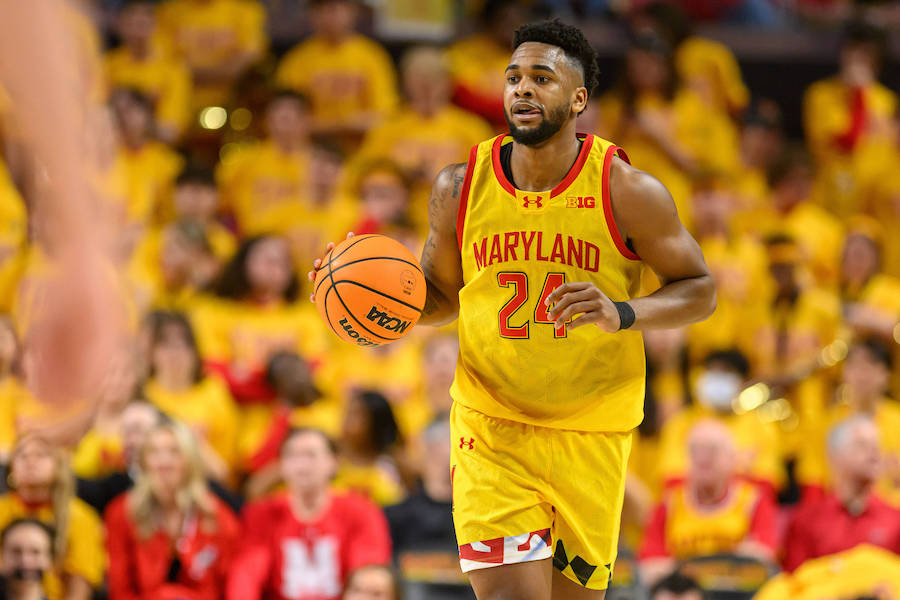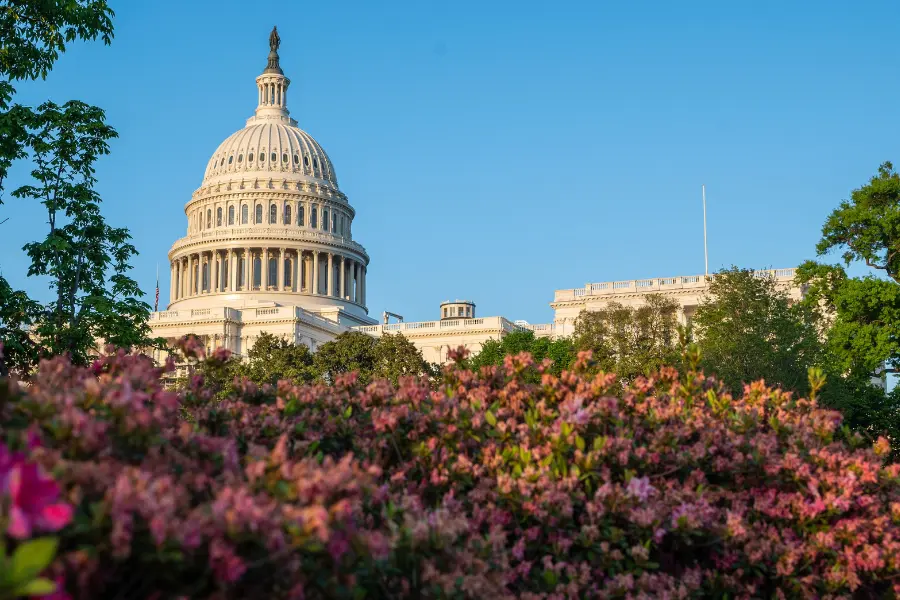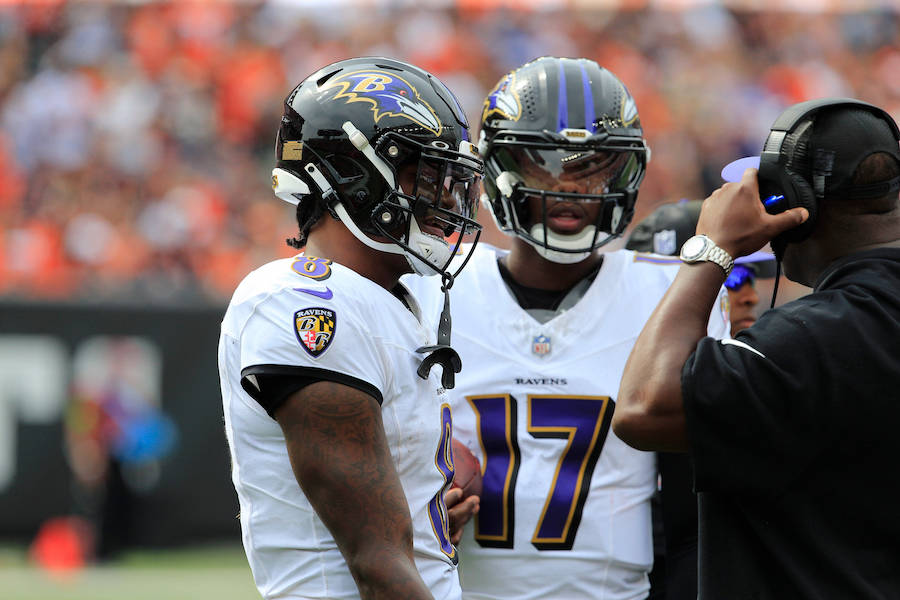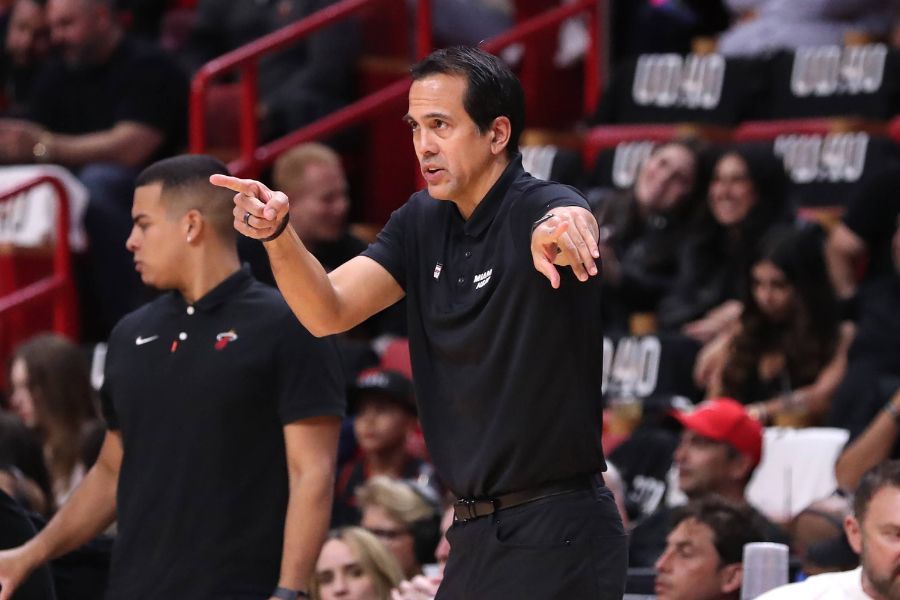The decision to eliminate college player prop bets comes in the wake of increasing worries about the harassment of student-athletes, particularly during high-stakes periods like March Madness.
Maryland’s action is part of a broader trend across the United States, where states are reevaluating the impact of sports betting on college athletes.
The move is intended to ensure that the focus remains on team performance rather than individual achievements, thereby reducing the pressure and scrutiny on individual players.
With the prohibition now in effect, Maryland sportsbooks have been tasked with informing customers of the change, honoring all bets placed up until February 29.
While bets on individual collegiate awards, such as the Heisman Trophy, are still permissible, the ban significantly alters the landscape of sports betting in the state.
This policy shift is expected to have implications for both operator and tax revenue, though it is widely regarded as a necessary measure for protecting student-athletes.
National Movement and Legislative Actions
Maryland’s decision echoes a national movement towards more ethical sports betting practices. Ohio, for instance, recently eliminated college player props following a request from the NCAA, highlighting the organization’s concerns over the well-being of athletes involved in collegiate sports.
Additionally, legislative efforts in states like West Virginia aim to penalize sports bettors who harass athletes, coaches, and officials, further emphasizing the need for a safer environment in collegiate sports.
As Maryland aligns with other states in prioritizing the well-being of collegiate athletes over betting revenues, the sports betting industry faces a period of adjustment.
This shift towards more responsible gambling practices may pave the way for further actions aimed at safeguarding the interests of student-athletes across the nation.







